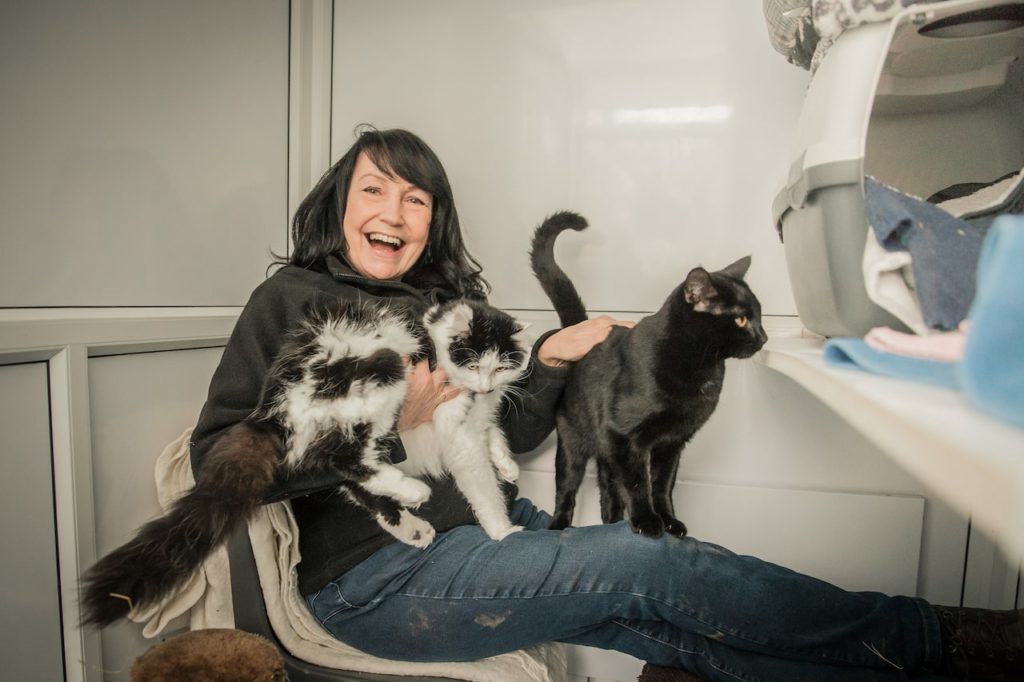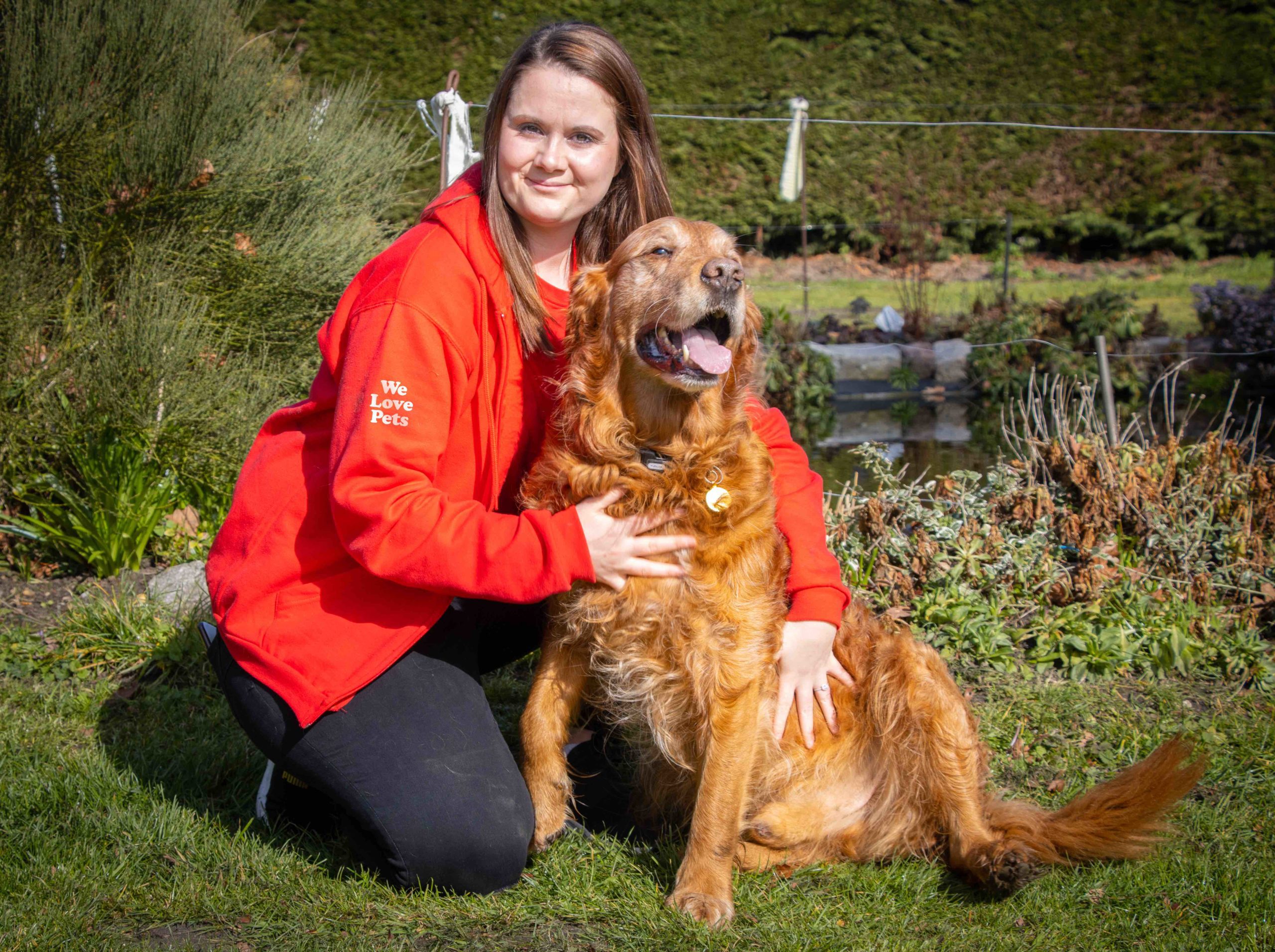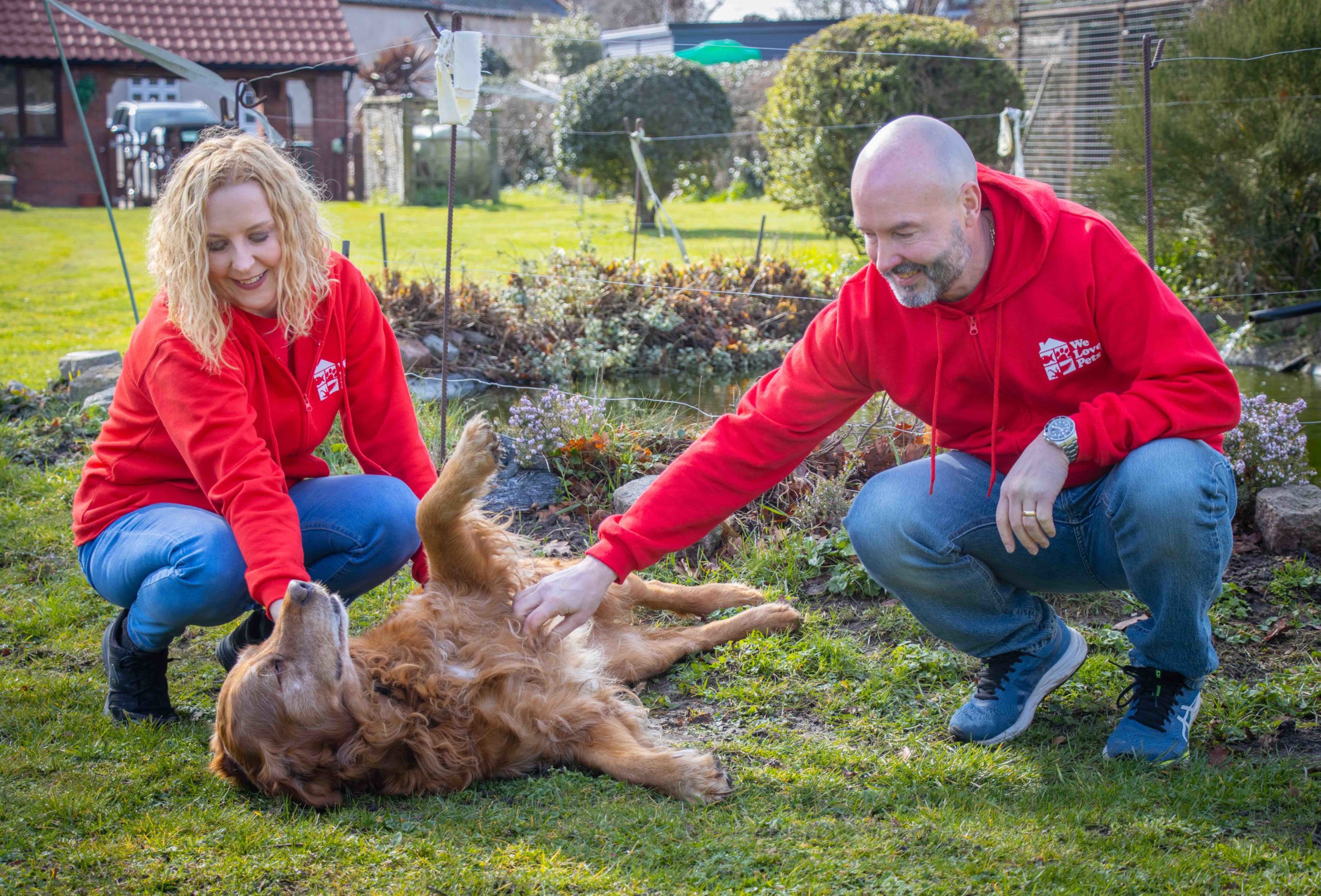When we choose an animal as our pet, there are many options and for those of us who want a furry friend in our home but have hectic lives, we may turn to a feline for company. Perhaps it’s the independence of this much-loved animal, having become a traditionally domestic pet for many years; there’s nothing quite like coming home and petting our cats.
The act of stroking the fur on our pet is soothing and calming; we don’t necessarily realise it, but as we sit consciously or absent-mindedly sweeping our hands along a cat’s back from head to tail, we seem to be sweeping away the tension we may have brought home with us.
When we’ve had a hard day, coming home and spending some time petting our furry feline friends can cause our body to produce stress-reducing hormones. With every stroke, our heart rate and blood pressure decrease, and our anxiety levels normalise. Stroking can provide immediate relief in place of other forms of therapy and whilst a cat isn’t a substitution for medication or therapy, there’s no denying the subtle positive effect on mental health.
Companionship from cats

And of course, it’s not just about coming home to our feline friends, it’s the fact that we have companionship all the while we are at home. Some of us work from home, are stay at home parents, are unemployed, retired, ill or disabled. For some, it’s the simple fact that having an animal living with us, provides the kind of friendship that we feel is unconditional. Having a cat can help support people with feelings of loneliness, providing purpose in that we are caring for another being who needs us. Having an animal react to us, rely on us, and love us in such a simple and pure way can elevate positive mental health. In some cases, our chosen pet will represent a child to someone who is childless or who has experienced their child leaving the home and so fills their empty nest.
But why in particular a kitty?
For cat people it’s no question: the whiskers, the furry faces, the meows, the purrs and the head nudges all contribute to that feeling of being full of joy and love. You see, spending time with our cats, releases Oxytocin in our brain. This ‘love hormone’ contributes to feelings of relaxation and trust and wanting to cuddle and hug, much like when we fell in love with our partner. The reality is that behind all the warm cuddles and purring is an animal that improves mental health by decreasing stress, offering companionship, purring the pain away, and serving as a therapy animal. We don’t have to get up and walk a cat at various times of the day, and if we don’t have a garden, our indoor cat will be quite happy sitting alongside us, quietly enjoying our company and offering cat-antics that fascinate us into an Alice in Wonderland realm.
Cats are renowned healers
A cat purrs within a range of 20-140 Hz which is known to be medically therapeutic for illnesses in humans. A cat’s purr can not only lower stress it can also help laboured breathing, lower blood pressure, help heal infections, and even heal bones. It may be difficult to understand or legitimise the positive effects on mental health that a cat can offer, but studies have shown, and proven, that the physical effects are real. If purrs can help heal bones, they can positively impact the effects of stress and anxiety. Simply petting a sleeping cat and listening to them purr is relaxing.
Positive impact on wellbeing
The Mental Health Foundation conducted a study with Cats Protection in 2011 which involved over 600 cat- and non-cat-owning respondents, with half of them describing themselves as currently having a mental health problem. The survey found that 87% of people who owned a cat felt it had a positive impact on their wellbeing, while 76% said they could cope with everyday life much better thanks to the company of their feline friends. Half of the cat owners felt that their cat’s presence and companionship was most helpful, followed by a third of respondents who described stroking a cat as a calming and helpful activity.
Cats are loving and affectionate animals
Cats are loving and affectionate animals, despite their reputation for being aloof and headstrong. Every cat is different, but for cat-people especially, we love and celebrate their unique personalities and idiosyncrasies. Cats help our mental health just by being themselves. Their ability to reduce stress, offer companionship, heal with purrs, and offer their services as therapy animals make them the ideal champions for mental health. So next time your cat rubs its body against you, give her a loving pat and thank her for her role in helping your mental health stay positive.
About the author:
Andrea Nicole Smart is the director of We Love Pets Sutton as well as being an avid reader, a published author of non-fiction, a commercial writer and journalist of many years and of course a lifetime animal lover.





